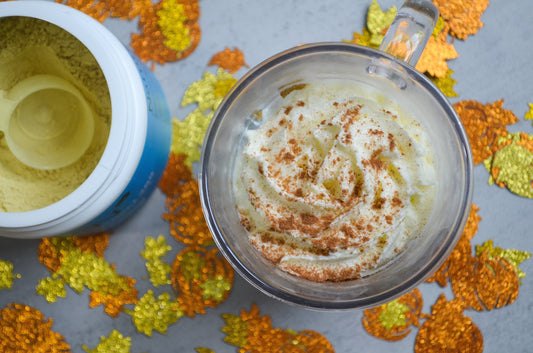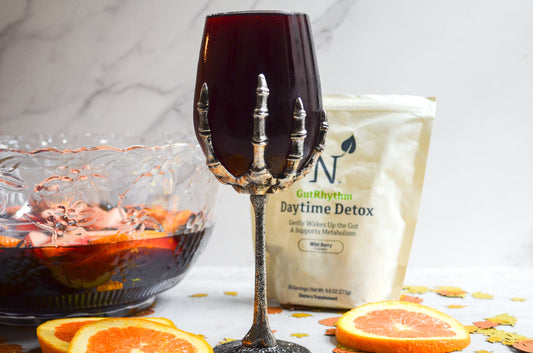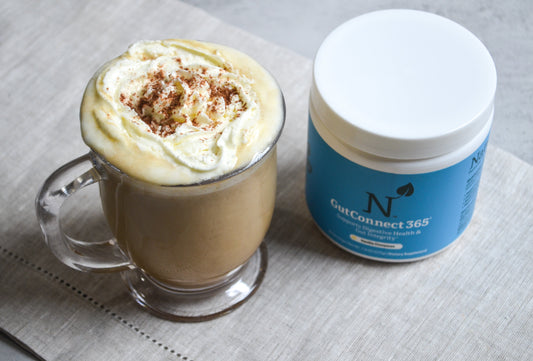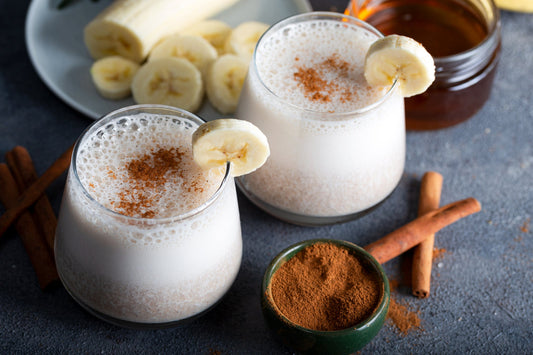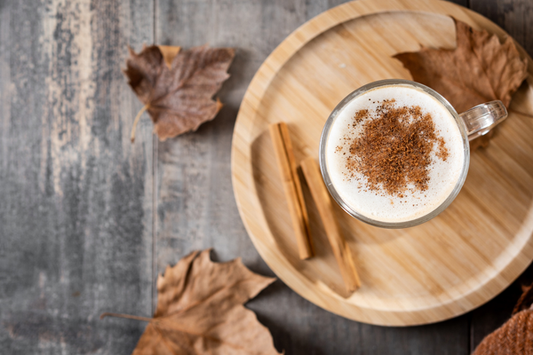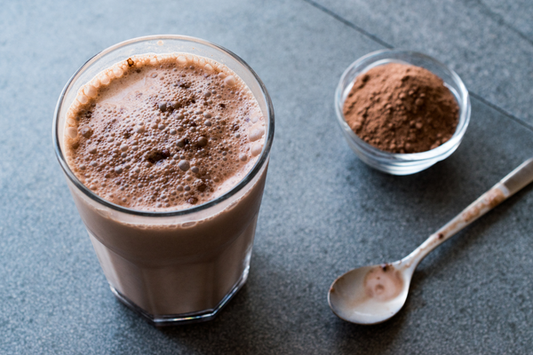Are you on Team Tea? If not, you may want to be. This centuries-old elixir is as full of health benefits as it is soothing comfort. Plus, with several varieties to choose from — and an infinite number of flavors and blends among those varieties — it won’t take long until tea becomes, well, your cup of tea.
Spilling the Tea on Tea
Here are some fast facts about terrific tea:
- Green tea, black tea, white tea, oolong tea, and pu-erh tea are all derived from the Camellia sinensis plant, a shrub native to China and India
- These teas contain ECGC, an antioxidant that can help fight free radicals
- They also contain caffeine and theanine, which can aid in mental alertness
- Tea contains flavonoids, which are good for the heart
- Green teas offer a greater antioxidant punch compared to most other varieties
- Herbal teas like ginger, ginkgo biloba, ginseng, hibiscus, jasmine, rosehip, mint, rooibos (red tea), chamomile, and echinacea all have their own health benefits, depending on the plants and compounds used to create them
- During processing, some of the polyphenols (antioxidants) in tea are destroyed; because of this, highly-processed teas and tea products (like tea powders, decaffeinated teas, and bottled tea drinks) may not have the same health benefits as natural, unprocessed tea
- Tea may aid in weight management, heart health, mood boosting, and more
- Tea has antiviral and antimicrobial properties
Potential Drawbacks of Tea
While tea is quite healthy overall keep these tips in mind:
- There can be too much of a good thing. If you’re drinking tea that’s higher in caffeine, drinking too much may make you feel agitated or restless, and may make it harder to sleep.
- Too much caffeine may also create loose stools and other gastrointestinal issues, as well as nausea, abdominal discomfort, heartburn, and dizziness.
To avoid these issues, the Academy of Nutrition and Dietetics recommends you keep your total daily intake of caffeine from all sources to 400 milligrams.
Here are some other caffeine/tea tidbits for reference:
- Black tea has around 48 milligrams of caffeine per cup
- Oolong provides about 38 milligrams
- A cup of green tea clocks in at about 29 milligrams
- Decaffeinated black, green, and oolong teas contain very small amounts of caffeine
- Many herbal teas are naturally caffeine-free
Tea Types
Green Tea
How it’s made: With steamed tea leaves
Fun Fact: Green tea contains a high concentration of EGCGs.
Black Tea
How it’s made: With fermented tea leaves
Fun fact: Black tea has the highest caffeine content. It’s also the base for flavored teas like chai and some instant teas.
White Tea
How it’s made: New growth buds that are steamed or fried
Fun fact: Little buds that form on the plant are covered with silver hairs that give the young leaves a white appearance.
Oolong Tea
How it’s made: Withered under the sun and oxidized before curling
Fun fact: The partial oxidation is responsible for oolong’s color and characteristic taste. It provides benefits of both green tea and black tea, which makes it the preferred choice of many tea drinkers.
Pu-erh Tea
How it’s made: From fermented and aged leaves
Fun fact: It’s considered a black tea, with its leaves pressed into cakes.
Tea is a versatile drink that can be enjoyed hot or iced, and can be flavored or enhanced with natural sweeteners like honey. There are as many ways to enjoy tea as you can possibly imagine. Add tea to your daily regime and cash in on the health benefits while you savor every sip!




